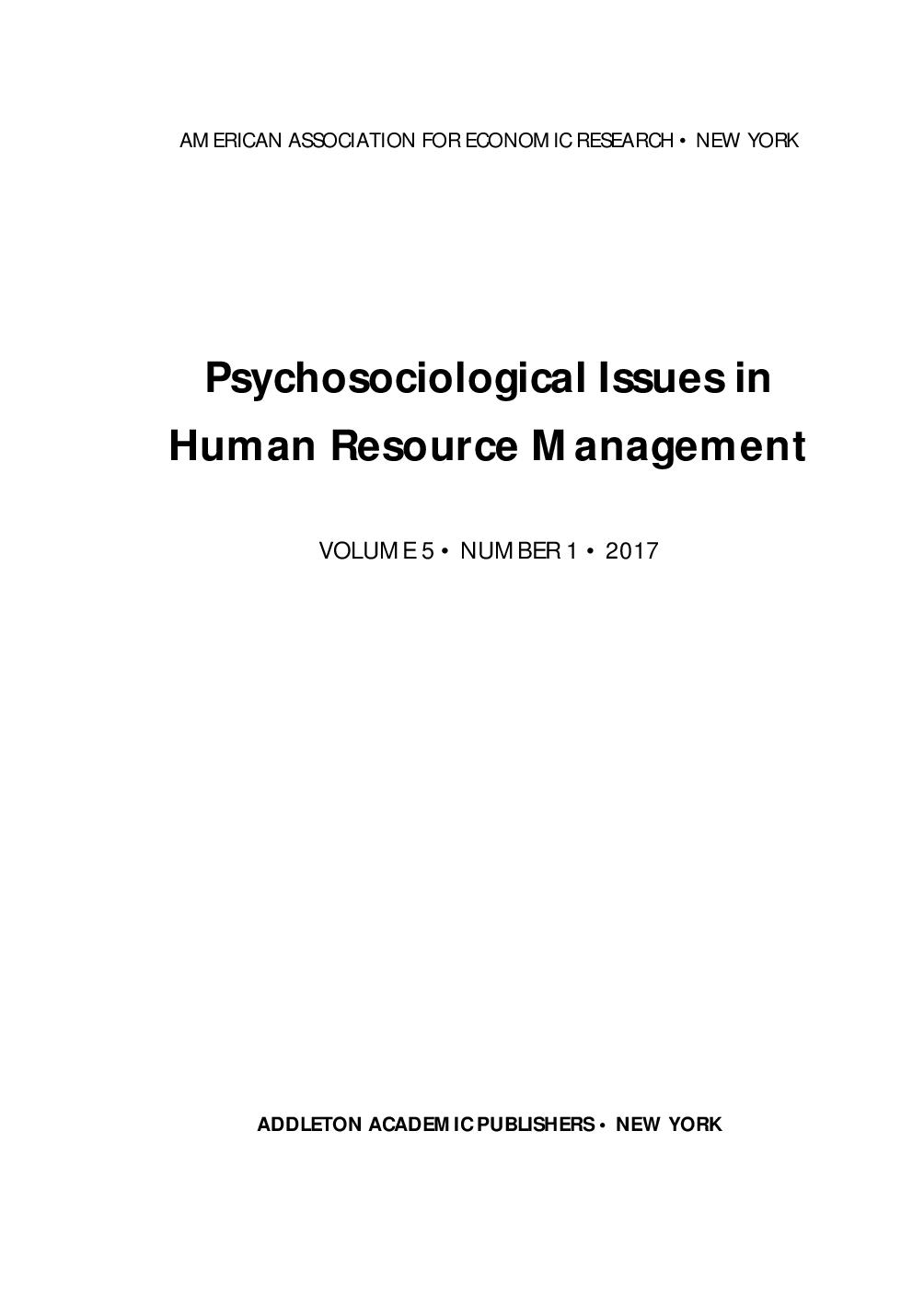SHOULD U.S. RESTAURANTS ABANDON TIPPING? A REVIEW OF THE ISSUES AND EVIDENCE
SHOULD U.S. RESTAURANTS ABANDON TIPPING? A REVIEW OF THE ISSUES AND EVIDENCE
Author(s): MICHAEL LYNNSubject(s): Organizational Psychology, Tourism, Socio-Economic Research
Published by: Addleton Academic Publishers
Keywords: Cornell; restaurant industry; tipping; minimum wage; tipped minimum wage; restaurant employment; tip credits;
Summary/Abstract: Recent interest in replacing tipping with service charges or higher service-inclusive menu pricing prompts a review of empirical evidence on the advantages and disadvantages to restaurants of these different compensation systems. The evidence indicates that these different systems affect the attraction and retention of service workers, the satisfaction of customers with service, the actual and perceived costs of eating out, and the costs of hiring employees and doing business. However, I come away from the data believing that biggest reason for restaurateurs to replace tipping is that it takes revenue away from them in the form of lower prices and gives it to servers in the form of excessively high tip income. The biggest reason for restaurateurs to keep tipping is that it allows them to reduce menu prices, which increases demand. Thus, restaurateurs’ decisions to keep voluntary tipping or not should ultimately depend on the relative strengths of these benefits. The more that a restaurant’s servers are overpaid relative to the back of house and the wealthier and less price-sensitive a restaurant’s customers are, the more the owner of that restaurant should consider abandoning tipping. By this reasoning, many upscale, expensive restaurants (especially those in states with no or small tip credits) probably should replace tipping with one of its alternatives.
Journal: Psychosociological Issues in Human Resource Management
- Issue Year: 5/2017
- Issue No: 1
- Page Range: 120-159
- Page Count: 40
- Language: English
- Content File-PDF

